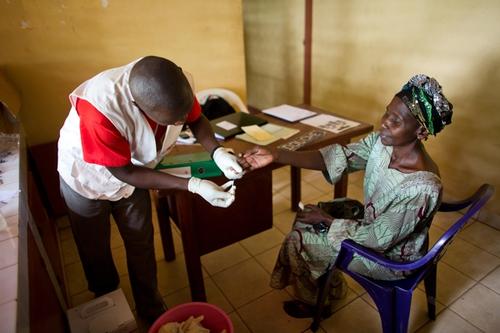During the 1990s, MSF teams made a bitter observation: we were failing to treat some of our patients suffering from infectious diseases, while in developed countries, remarkable progress was being made in the field of health. Two decades on, medicines in developing countries are still either too expensive, aren't suitable to be used in many of the contexts in which we work (for example, in hot, humid conditions or where there's a lack of electricity), or simply don't exist for the diseases we need to treat.
In 1999, we launched the Campaign for Access to Essential Medicines, now known as the Access Campaign. Its mission focuses on three areas: overcoming barriers to access to essential medicines, stimulating research and development for neglected diseases, promoting health exceptions to global trade agreements.
In 2003, MSF joined several research institutes, including the Institut Pasteur, to create the Drugs for Neglected Diseases initiative (DNDi), a non-profit research and development organisation engaged in research and development of new treatments for neglected diseases.
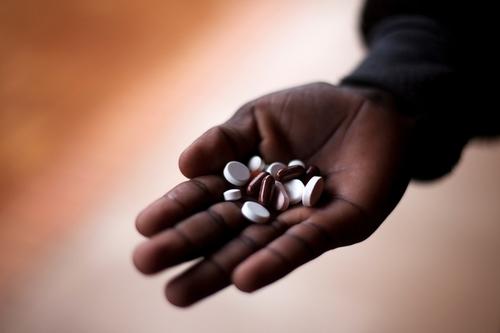
Proposed shake-up to drug pricing framework risks middle-income countries paying more
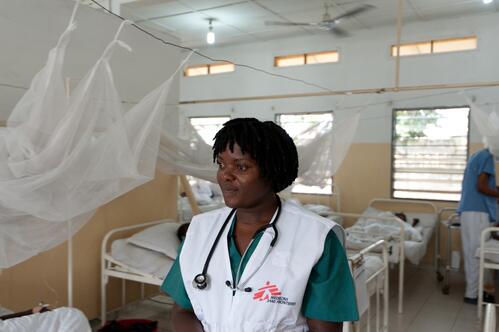
In some countries, the fight against HIV/AIDS has only just begun
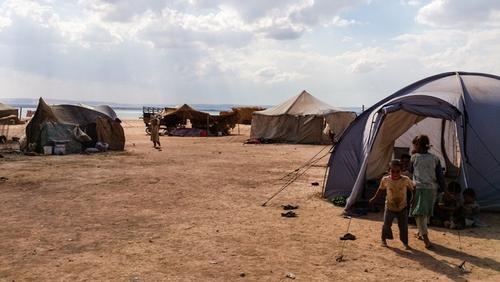
People try to live ordinary lives as conflict grinds on
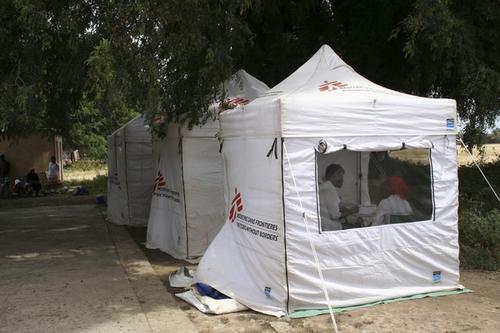
Mobile care for mobile populations
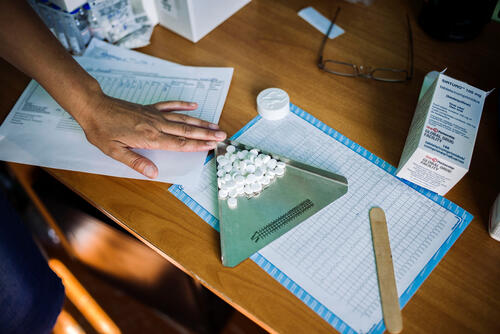
First new TB drug in 50 years risks being squandered without better research and pricing strategies
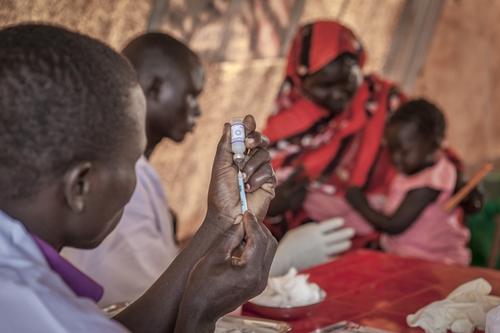
Global alliance for vaccinations meets to examine progress, MSF points to needed policy changes

MSF starts emergency rabies intervention
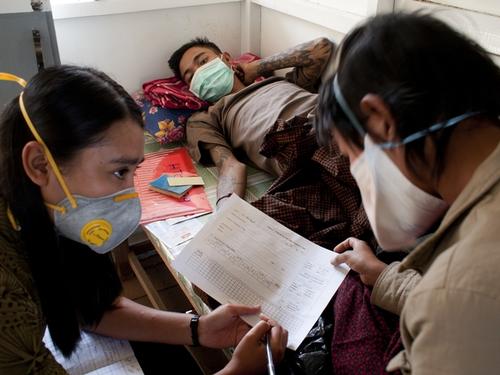
Seeking new ways to tackle urgent health threat of drug-resistant TB
